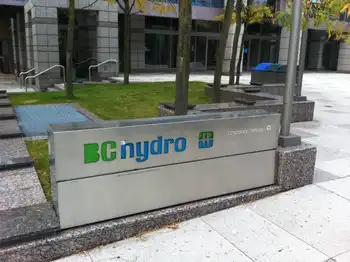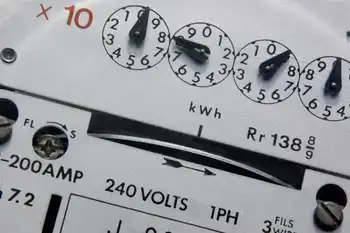ORNL asked to house small reactor
By Knoxville News Sentinel
CSA Z463 Electrical Maintenance -
Our customized live online or in‑person group training can be delivered to your staff at your location.

- Live Online
- 6 hours Instructor-led
- Group Training Available
According to the senator, a 125megawatt reactor would provide enough power for DOEs Oak Ridge facilities and help DOE meet the governments 2020 target for reduction of greenhouse emissions.
Oak Ridge National Laboratory Director Thom Mason — who discussed the concept with Alexander during the senators visit to ORNL — said siting, licensing and building a modular reactor in Oak Ridge could be an example for the nuclear industry and help evaluate the economic viability and risks of similar reactors to meet U.S. needs in the future.
Alexander raised the idea during a hearing of the Senate Committee on Appropriations Energy and Water Subcommittee, where Energy Secretary Steven Chu was testifying.
Addressing Chu, the Tennessee Republican said, Im wondering if your own departmental goals for greenhouse gases and the interest in small modular reactors might offer a way to accelerate pilot programs to see how they work? ...I wonder whether a small reactor at Oak Ridge — where a 125megawatt reactor could eliminate the need for any additional power over the entire Oak Ridge complex and meet 48 percent of the Department of Energys greenhouse gas reduction goals — might be a wise approach.
According to information released by Alexanders office, Chu was supportive of the idea and noted theres a site near Oak Ridge National Laboratory that was designed for a reactor thats waiting and ready to be used. Chu was apparently referring to the old Clinch River Breeder Reactor Site, which currently is owned by TVA.
Mason said the idea is still in the brainstorming stage and not yet a proposal. But he estimated that a small reactor would cost in the range of $500 million to $800 million. If such a plan moved forward aggressively, its possible the reactor could be operational by 2020 when federal agencies, including DOE, are supposed to meet target for reducing CO2 emissions.
A 125megawatt reactor would be enough to power all of DOEs Oak Ridge reservation, including ORNL and the Y12 National Security Complex, Mason said.
The ORNL director emphasized that the lab is interested in nuclear energy and emerging technologies and the engineering aspects associated with nuclear reactors, but the lab is not in the power business.
Were a research facility. Im not sure it would make sense for us to get into the power business, Mason said. Youd have to have an owner/operator... and then a vendor who has a design.
TVA, of course, would appear to be a natural partner. Mason said there had been some informal talks with TVA, but thats all.
Babcock & Wilcox, a company involved in management of Y12, is among the companies that has touted design plans for small, modular nuclear reactors. Mason said there are multiple possibilities for teaming arrangements.
There are all kinds of questions about how it would work and how you would share the risk, he said.
By pushing the reactor plan through the siting and construction process at the Nuclear Regulatory Commission, the Oak Ridge reactor would provide an example for others to view and help put together business plans for future reactor programs, Mason said.
The perceived attractiveness of smaller reactors is that they could be built more quickly, without putting as much money at risk, then adding more units — with repeatable designs to speed the licensing process — as power needs grow.











